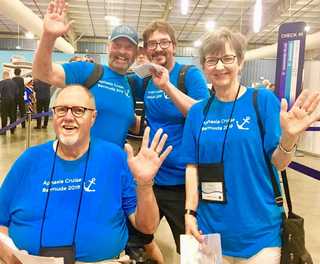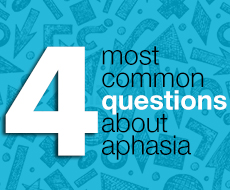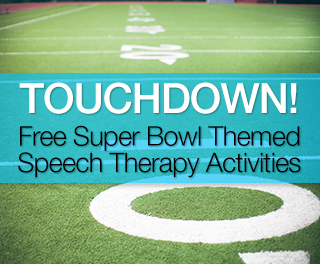A stroke resulting in aphasia can take many things away from an individual, including the ability to travel. Not being able to do the things one loves can often lead to a person with aphasia becoming isolated and depressed. What better way to re-engage in life then going on a cruise with a group of individuals who share their experiences, challenges, and aspirations? From June 1-6, 2019, 89 people with aphasia, caregivers, and speech-language pathologists (SLPs) set sail on an Aphasia Recovery Connection (ARC) cruise from New Jersey to Bermuda to connect with one another. Read on to find out about these cruises and the experiences of the attendees.
Brianne Kosch, SLPD, CCC-SLP, ATP
Recent Posts
November 9, 2017
| by Brianne Kosch, SLPD, CCC-SLP, ATP
Every year more than 795,000 Americans have a stroke. Of this number, 25 to 40 percent acquire aphasia. 2.4-4.1 million people are currently living with aphasia in North America. Most people don’t know they have it or even how to explain it. With more than 30 years of experience serving the aphasia community, we’re answering some of the most common questions we're asked about aphasia.
January 28, 2015
| by Brianne Kosch, SLPD, CCC-SLP, ATP
Are you ready for some football? We are! Of course, we aren’t taking sides, but you can! By working with clients on seasonal activities, especially sports-related exercises, you can spark conversation and engagement. Below are four exercises that engage a clients’ language and cognitive skills.
October 1, 2014
| by Brianne Kosch, SLPD, CCC-SLP, ATP
What you like in your coffee? It’s probably cream and sugar. Maybe it’s strong and black? In your life, you've probably provided your coffee order more than a million times. This order might seem like a simple statement, one you might even take for granted, but it’s the key to a good morning.
Related Categories:
Lingraphica Technology
Lingraphica Technology









